- Saturday, 28 February 2026
Muskan, Natalia: Symbol Of Hope, Resilience
Acid attack survivors in Nepal and Colombia have advocated against retaliation, urging fellow survivors to embrace openness and dignity. They said, “We are neither culprits nor victims; there is no need to hide scars. Speak openly and live with dignity.” Natalia Ponce de Leon of Colombia stresses the importance of societal acceptance, saying, “Let’s create a society where acid survivors are treated equally and with respect.” Their message promotes an environment where survivors can unite confidently without fear of discrimination.
Muskan Khatun, 18, and Natalia Ponce de Leon, 43, met in Kathmandu recently. Despite their geographical differences, they were brought together by their same fate. Muskan, with half of her face and 55 per cent of her body disfigured by acid burns, and Natalia, whose entire face and other body parts bore the scars of a vicious attack, embraced each other in a tearful meeting that resonated with profound empathy. Their encounter, arranged by the non-profit organization, ReSurge International, and supported by the American Embassy in Nepal and ReSurge International, symbolized resilience and solidarity in the face of unimaginable adversity. Reflecting on their meeting, Natalia praised Muskan’s resilience, saying, “Muskan is very young, but she has a strong mentality.” She expressed a sincere desire to bring Muskan to Colombia, aiming to uplift spirits among acid attack survivors there and foster international solidarity.
Sweet experience
For Muskan, meeting Natalia in person was a sweet experience, as she was following her on social media. “I used to search the internet, hoping to find people who understood what I was going through,” said Muskan. She had known Natalia virtually before they finally met in Kathmandu, making their meeting even more meaningful.
Their bond goes beyond personal empathy; it encompasses a shared commitment to advocacy and legislative change. Muskan was attacked by acid at the age of 15 for rejecting a love proposal. She endured months in a burn ward at Kirtipur Hospital and underwent 15 surgeries, with more recommended in the future. Determined to prevent others from suffering similar fates, she channeled her pain into robust campaigns for stricter laws. “I know the pain. From the hospital bed, I raised my voice,” said Muskan.
She took her request to the then prime minister, KP Sharma Oli, who pledged to enact the law and even formulate a draft. However, with a change in government, an appeal was made to another prime minister, Sher Bahadur Deuba. Her efforts bore fruit when Nepal’s parliament passed a law mandating life imprisonment for acid attackers.
Natalia’s journey began with a horrifying attack in 2014 when a stranger threw acid on her doorstep. “I did not know him; he wasn’t even my boyfriend, but he threw acid on me and ran away,” she recalled. The assault left her with severe burns on her face and body, necessitating 46 surgeries to reclaim her body appearance. Afflicted by tragic trauma, Natalia founded the Natalia Ponce de Leon Foundation, becoming a prominent advocate for acid attack survivors in Colombia.
Her relentless advocacy efforts led to the enactment of Colombia’s landmark anti-acid law in 2016, marking a significant step forward in protecting survivors and punishing perpetrators. The law, named in her honor, mandates severe penalties for acid attackers and ensures government support for medical treatment and rehabilitation. The impact of Natalia’s foundation reverberated through Colombian society, prompting widespread support and assistance for acid attack survivors. Her commitment to justice and compassion earned her international acclaim, including the US Secretary of State’s International Women of Courage Award in 2017.
Muskan and Natalia transformed personal strategies into powerful advocacy, challenging societal norms and legal systems to protect victims and hold perpetrators accountable. Their resilience and determination have inspired legislative reforms and societal movements, reshaping attitudes and laws in Nepal, Cambodia, and beyond. The meeting between Muskan and Natalia exemplifies the strength found in solidarity and the power of personal narratives to drive meaningful change. As they continue their journey of healing and advocacy, Muskan and Natalia stand as symbols of hope and resilience for countless survivors worldwide. Their courage reminds us that, from the depths of pain and adversity, intense strength can emerge.
Life after acid attack
After the acid attack, Natalia noticed a significant shift in how her friends and society perceived her. “My life changed completely,” she said, emphasizing her determination to transform this adversity into positivity. She embraced a new purpose to life, saying, “Every person has a reason for being here, and I accepted that my purpose now is to alleviate the pain of others who suffer.” Natalia chose not to hide her scars, proudly displaying her inner beauty while walking on the streets. Similarly, Muskan faced societal judgement but refused to be silenced or shamed. “If I stayed home worrying about society’s opinions, there would not have been strict laws in our country,” she said. Muskan’s journey empowered her to advocate for justice fearlessly, despite her initial insecurities about her appearance.
Initially fearful even of minor blemishes, Muskan now lives with scars covering her face, which bolster her determination to fight for justice. “The criminal who attacked me stole my outer beauty but couldn’t crush my inner confidence and conviction,” she said. This experience ignited a passion within her to support marginalized communities, a commitment she has pursued since childhood. Muskan’s resilience extends to her academic pursuits; after completing high school, she plans to study law to continue her fight for justice. Her story, like Natalia's, exemplifies how inner strength can succeed over external challenges, inspiring others to hold on to their inner beauty and purpose despite adversity.
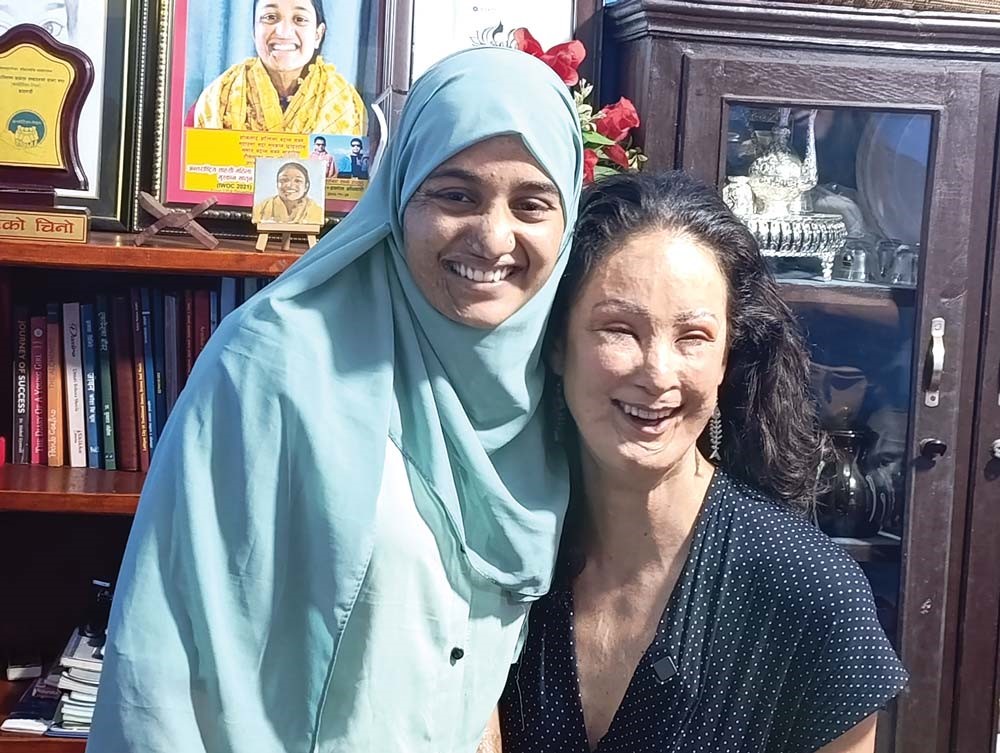
Fight against violence
Natalia and Muskan are emblematic figures who swiftly denounced the violence perpetrated against them. Their courage has encouraged numerous women enduring acid attacks and other forms of violence to speak out and resist. Muskan actively engages with college students, urging them to fight against violence and advocating preventative measures alongside various organizations. She employs early training in self-defense like taekwondo and karate, challenging outdated notions of female vulnerability in Nepal.
Natalia’s foundation supports 110 acid attack survivors. She stresses the urgency of immediate medical care and comprehensive support for survivors, urging governments worldwide to prioritize these needs. Both Natalia and Muskan emphasize the importance of speaking up against violence. Natalia, honored with the BBC Radio Outlook Inspiration Award in 2016 and the U.S. Women of Courage Award in 2017, promotes the ethos of ‘No More Masks,’ encouraging victims to break their silence. Her life story, "The Rebirth of Natalia Ponce de Leon,” inspires global audiences. She has participated in a United Nations’ Commission on the Status of Women panel with ReSurge International on the gendered outcomes of burn injuries and supporting acid attack survivors to advance their mental, physical, and social status.
Their collaboration has spurred a global movement against gender-based violence, with Muskan calling for comprehensive support systems, including medical care, for Nepali acid attack victims.
Kirtipur burn hospital
Dr. Shankar Man Rai, chief surgeon at Kirtipur Hospital, shared insights into burn treatment, including the care provided to Muskan for her burns. Dr. Rai is the country director of ReSurge International, a global non-profit which provides training, resources, and free surgical care for patients with low resources, benefitting numerous patients like Muskan. ReSurge operates in 19 countries across Latin America, Africa, and Asia, with a presence in Nepal since the 1990s, enhancing local medical capabilities. Despite recent improvements, including the addition of a second operation room, Dr. Rai emphasized the ongoing need for further development, especially as the hospital receives patients from across Nepal for various burns, including those from acid attacks.
Dr. Rai said that nearly half of the hospital’s 100-bed capacity is occupied by burn patients. Many women are affected by acid attacks. Dr. Rai’s leadership also led to the establishment of Nepal’s first Skin Bank and Burn Centre, providing crucial surgical services to over 20,000 individuals. Concerns about infection transmission among patients lacking adequate immunity underscored the importance of continued medical advancements and support for burn victims in Nepal.
(The author is a journalist at Gorkhapatra daily.)

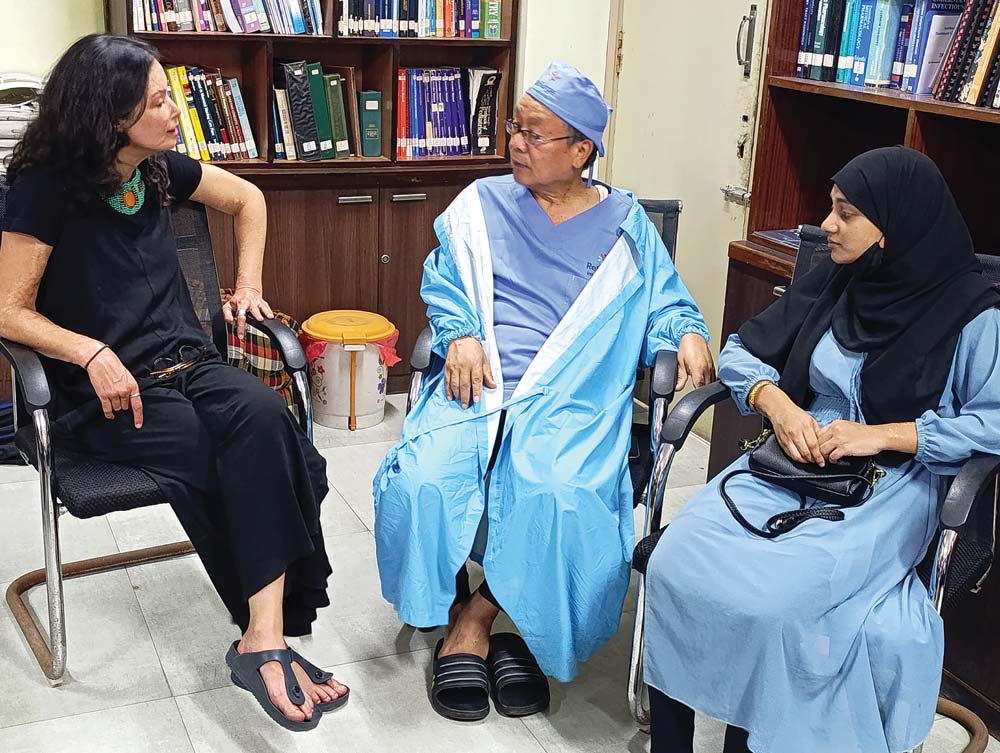

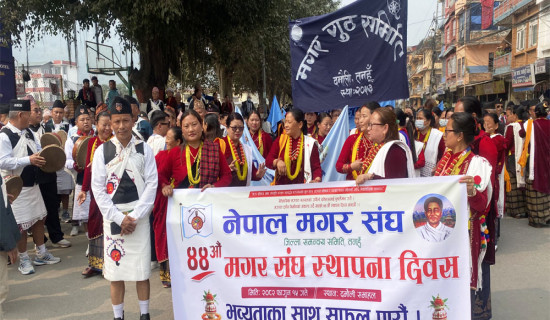

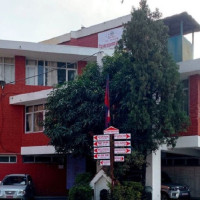
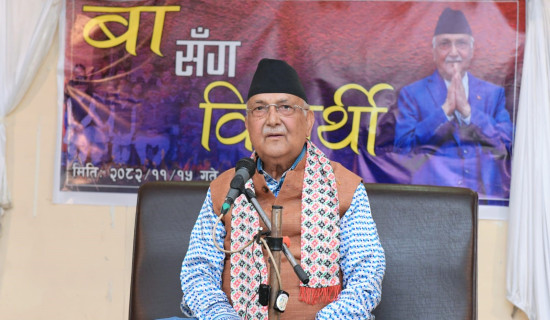
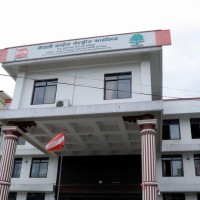

-original-thumb.jpg)